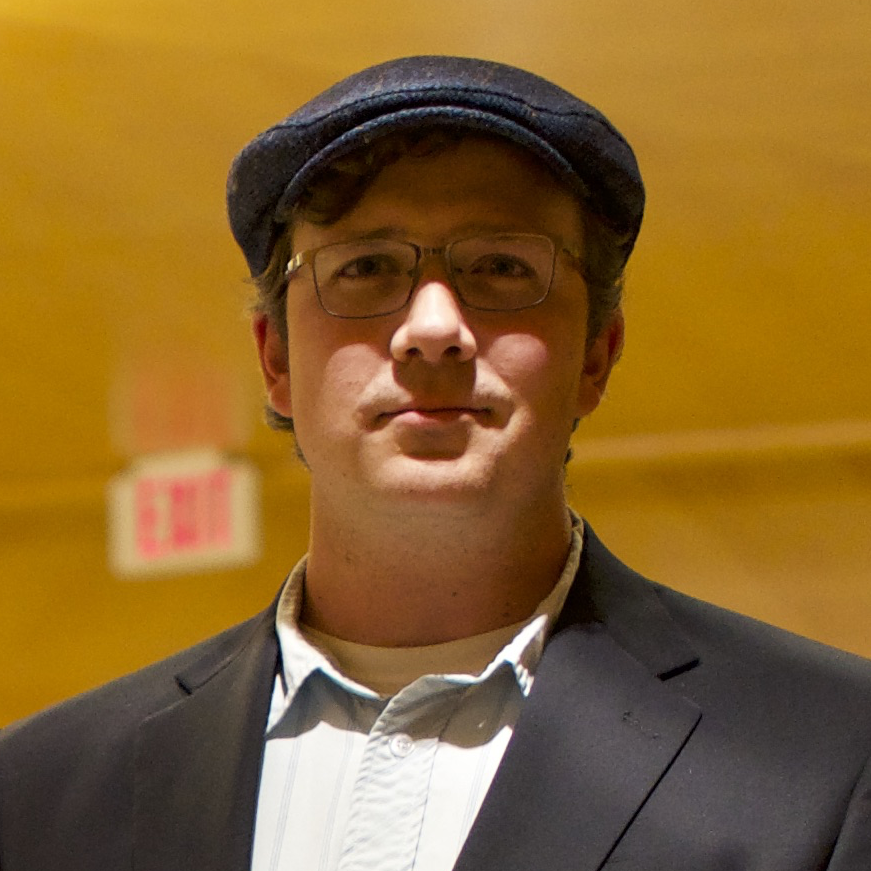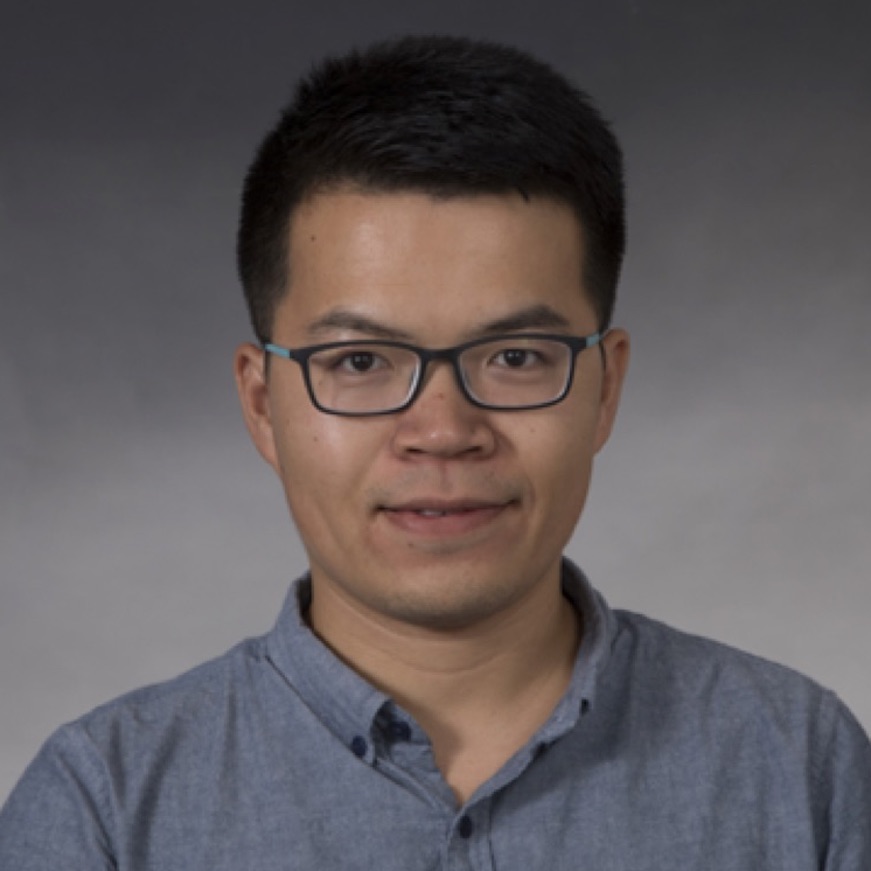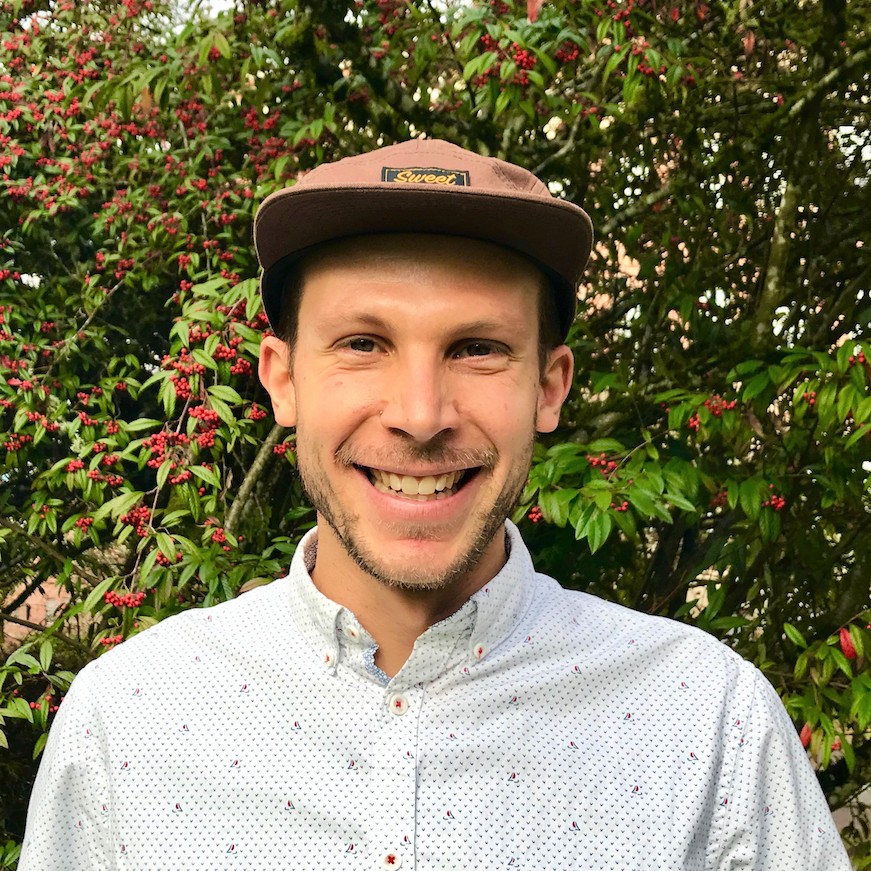Early bird rates are available for registration to the 2026 January ESIP Meeting. Register.
Welcome 2019 Community Fellows

The call for 2019 ESIP Community Fellows attracted a number of very impressive applicants. Ultimately, we welcomed 10 fellows, including 2 returning fellows. The 2019 fellows have already assumed their roles of providing support for and participating in various ESIP collaboration areas. Learn more about them below and make sure to say hello to them in-person at the 2019 ESIP Meetings!
 Rose Borden is a student in the MS Information Science program at the University of Tennessee Knoxville. She also recently completed an MS in Planetary Geology at UT. Her interest in information science was inspired by her experiences using GIS to map geologic features on Mars and the many datasets she encountered and used to complete that project. She hopes to use the connections made in the ESIP Fellows program to explore the different ways to connect earth science and information science. She also enjoys exploring and trying new things, participating in science outreach programs, baking for her family and friends, and reading. Rose is working with the Information Quality Cluster.
Rose Borden is a student in the MS Information Science program at the University of Tennessee Knoxville. She also recently completed an MS in Planetary Geology at UT. Her interest in information science was inspired by her experiences using GIS to map geologic features on Mars and the many datasets she encountered and used to complete that project. She hopes to use the connections made in the ESIP Fellows program to explore the different ways to connect earth science and information science. She also enjoys exploring and trying new things, participating in science outreach programs, baking for her family and friends, and reading. Rose is working with the Information Quality Cluster.
 Patrick Chandler is a graduate student at the University of Colorado, Boulder. Patrick was also a 2018 ESIP Community Fellow, supporting both the CLEAN Network and the Education Committee over the last year. Patrick is working with the CLEAN Network in 2019.
Patrick Chandler is a graduate student at the University of Colorado, Boulder. Patrick was also a 2018 ESIP Community Fellow, supporting both the CLEAN Network and the Education Committee over the last year. Patrick is working with the CLEAN Network in 2019.
 Eleanor “Ellie” Davis is a PhD candidate in Geography at the University of South Carolina. Her research mixes remote sensing and social science to address the risks, adaptations, and barriers associated with flooding in coastal agriculture. Outside of her research, Ellie hosts open-source map-a-thons, works with a network of citizen scientists, and mentors undergraduate students. She also enjoys gardening, though this year the watermelon vines took over her entire yard. Ellie is working with the Ag & Climate Cluster.
Eleanor “Ellie” Davis is a PhD candidate in Geography at the University of South Carolina. Her research mixes remote sensing and social science to address the risks, adaptations, and barriers associated with flooding in coastal agriculture. Outside of her research, Ellie hosts open-source map-a-thons, works with a network of citizen scientists, and mentors undergraduate students. She also enjoys gardening, though this year the watermelon vines took over her entire yard. Ellie is working with the Ag & Climate Cluster.
 Alexis Garretson is a master’s student in Dr. Blaine Griffen’s lab in the Department of Biology at Brigham Young University. She is broadly interested in ecological and evolutionary modeling, legacy data integrating, and ecological informatics. Her thesis work centers on developing simulation-models of ecological systems, particularly tidal systems. Before coming to BYU, she was a post-baccalaureate researcher in the Department of Biostatistics at Harvard and she received a BS in biology from George Mason University in Virginia. Alexis is working with the Data Stewardship Committee and the Software and Services Citation Cluster.
Alexis Garretson is a master’s student in Dr. Blaine Griffen’s lab in the Department of Biology at Brigham Young University. She is broadly interested in ecological and evolutionary modeling, legacy data integrating, and ecological informatics. Her thesis work centers on developing simulation-models of ecological systems, particularly tidal systems. Before coming to BYU, she was a post-baccalaureate researcher in the Department of Biostatistics at Harvard and she received a BS in biology from George Mason University in Virginia. Alexis is working with the Data Stewardship Committee and the Software and Services Citation Cluster.
 Daven Quinn is a structural geologist who targets key regional stratigraphies that bear on environmental history, both on Earth and Mars. During my PhD at Caltech, I studied Ediacaran strata in Namibia and the northeast Syrtis Major region of Mars. I am also interested in developing software tools to improve the capture and visualization of geologic data: in my current position as a postdoc at University of Wisconsin, Madison, I am working on integrating geochronology data into standardized databases and Earth-system models such as Macrostrat. Daven is working with the IT&I Committee and the Science Software Cluster.
Daven Quinn is a structural geologist who targets key regional stratigraphies that bear on environmental history, both on Earth and Mars. During my PhD at Caltech, I studied Ediacaran strata in Namibia and the northeast Syrtis Major region of Mars. I am also interested in developing software tools to improve the capture and visualization of geologic data: in my current position as a postdoc at University of Wisconsin, Madison, I am working on integrating geochronology data into standardized databases and Earth-system models such as Macrostrat. Daven is working with the IT&I Committee and the Science Software Cluster.
 Yuhan Rao is a PhD candidate of Geographical Sciences at University of Maryland, College Park. His research focus on leveraging earth observations and machine learning methods to advance understanding of surface temperature change in recent decades. Beyond his dissertation, Yuhan is also interested in science communication and data visualization. Yuhan is working with the Machine Learning Cluster.
Yuhan Rao is a PhD candidate of Geographical Sciences at University of Maryland, College Park. His research focus on leveraging earth observations and machine learning methods to advance understanding of surface temperature change in recent decades. Beyond his dissertation, Yuhan is also interested in science communication and data visualization. Yuhan is working with the Machine Learning Cluster.
 Katy Rico is a graduate student at the University of Michigan, studying the cycling of nutrients and metals in aquatic systems. She is interested in bringing the earth sciences to those who have had little exposure, particularly students of underrepresented groups. Katy is working with the Education Committee.
Katy Rico is a graduate student at the University of Michigan, studying the cycling of nutrients and metals in aquatic systems. She is interested in bringing the earth sciences to those who have had little exposure, particularly students of underrepresented groups. Katy is working with the Education Committee.
 Zachary Robbins is a PhD student at North Carolina State University. For his PhD, he plans to develop models to forecast insect disturbance and forest biogeochemical states. This work relies on creating data science tools to integrate climate models, soils inventories, atmospheric deposition data, and forest imputations to generate a multivariate analysis of when and where outbreaks are likely to occur. The data that drives these models comes from many of the organizational members of ESIP. Zachary is working with the Semantic Technologies Committee.
Zachary Robbins is a PhD student at North Carolina State University. For his PhD, he plans to develop models to forecast insect disturbance and forest biogeochemical states. This work relies on creating data science tools to integrate climate models, soils inventories, atmospheric deposition data, and forest imputations to generate a multivariate analysis of when and where outbreaks are likely to occur. The data that drives these models comes from many of the organizational members of ESIP. Zachary is working with the Semantic Technologies Committee.
 Ben Roberts-Pierel is a PhD student in the Geography department at Oregon State University. He is interested in changing snow cover and its impacts on downstream water use in the eastern Columbia River Basin. His research relies on a combination of remote sensing and in-situ monitoring data as well as human water use data to try to build a comprehensive view of these trends. Ben is working as a fellow for the ESIP Lab.
Ben Roberts-Pierel is a PhD student in the Geography department at Oregon State University. He is interested in changing snow cover and its impacts on downstream water use in the eastern Columbia River Basin. His research relies on a combination of remote sensing and in-situ monitoring data as well as human water use data to try to build a comprehensive view of these trends. Ben is working as a fellow for the ESIP Lab.
 Connor Scully-Allison is a graduate student at the University of Nevada, Reno. Connor was also a 2018 ESIP Community Fellow, supporting the Usability Cluster. Connor is working with the EnviroSensing Cluster for 2019.
Connor Scully-Allison is a graduate student at the University of Nevada, Reno. Connor was also a 2018 ESIP Community Fellow, supporting the Usability Cluster. Connor is working with the EnviroSensing Cluster for 2019.



